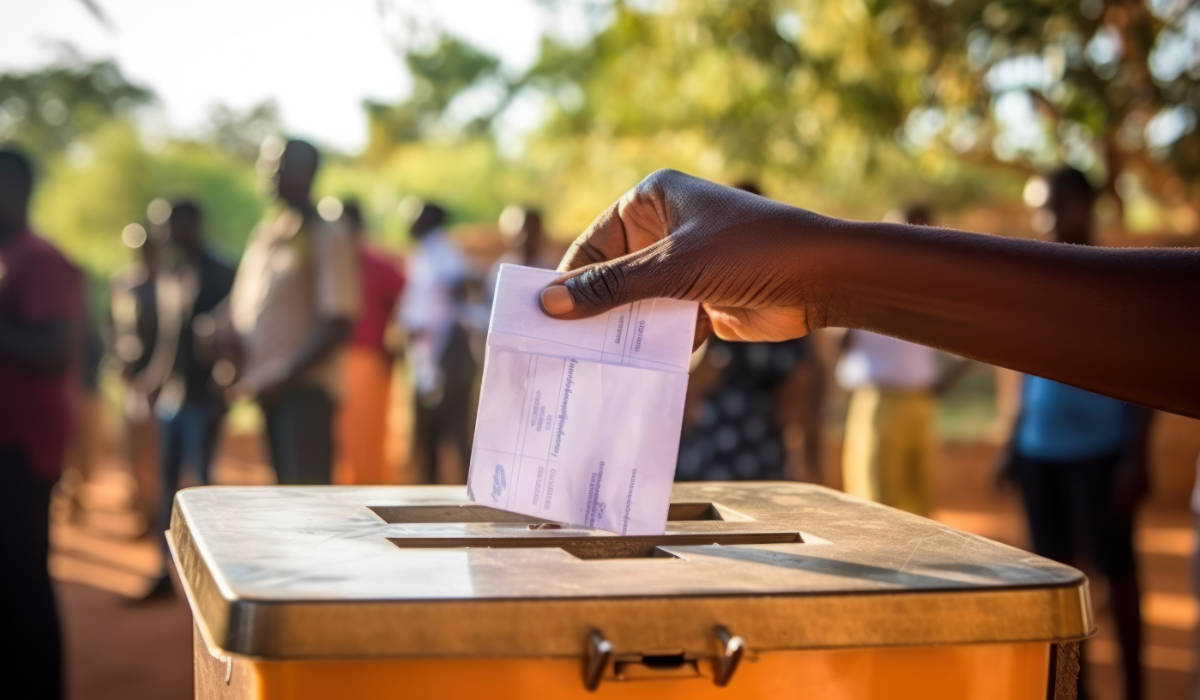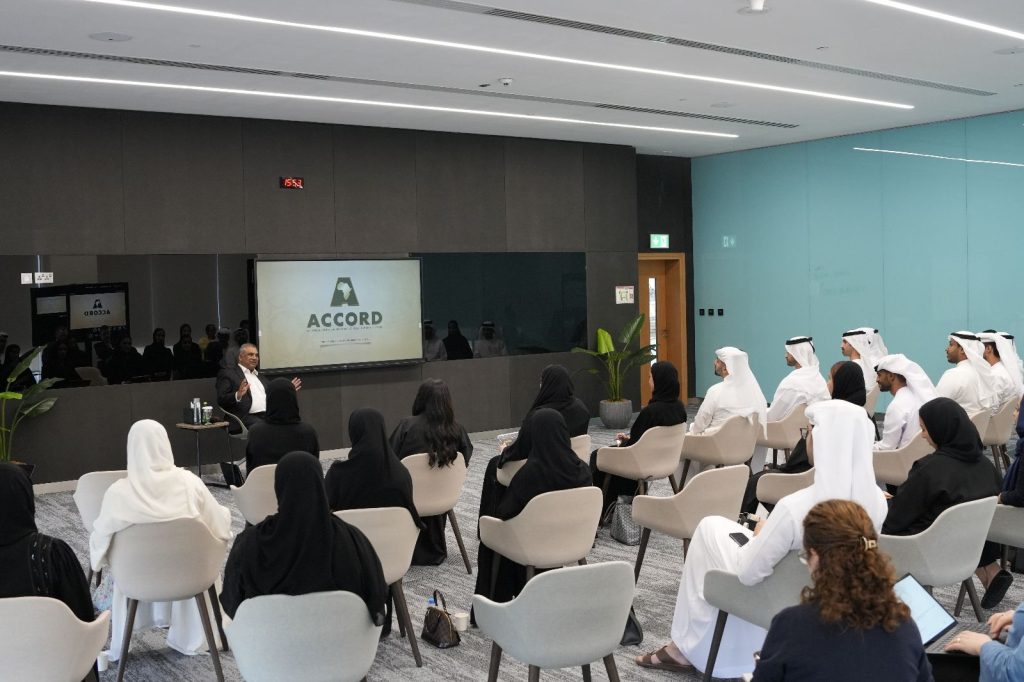Earlier this year, ACCORD, in collaboration with UN Women Zimbabwe and the National Peace and Reconciliation Commission (NPRC), organized a gender-sensitive conflict management, prevention, and resolution training in Harare, Zimbabwe. The training aimed to strengthen the participants’ capacities to address and mitigate violence from a gendered perspective for the upcoming elections.
Following the training, recommendations were made for further trainings and skills development on the gender dimensions of electoral conflict in Zimbabwe, and conflict mitigation, specifically on triggers during the election cycle. In light of the imminent elections, ACCORD, UN Women Zimbabwe and the NPRC, conducted a gender-sensitive and conflict mitigation training that was directed towards peaceful electoral participation.
The training, which took place from 26–27 June 2023, guided the participants through knowledge sessions on conflict prevention and mediation, Violence Against Women in Election (VAWE), and early warning systems that can be utilized before, during, and after elections. The women representatives from NPRC and the African Women Leaders Network (AWLN) Zimbabwe shared their experiences on limited protection of women during elections, and the threat this poses to women’s participation in elections. This lack of protection leaves women vulnerable to various forms of violence and discrimination, inhibiting their ability to fully engage in the electoral process. The discussions held also emphasized the importance of advocating for gender-sensitive electoral reforms to address this issue and ensure equal opportunities for women in elections.
The training programme covered factors driving and fuelling election-related violence that includes the emerging gendered conflicts in the pre-election context in Zimbabwe; mechanisms and strategies for preventing and responding to Electoral Gender-Based Violence (E-GBV); good practices and lessons learned on the prevention of and responses to E-GBV and VAWE; and gender dimensions of electoral conflict in Zimbabwe. The need for social cohesion in communities and for gender inclusive dialogues at ministerial level was also emphasized.
Participants noted that addressing the root causes of E-GBV requires comprehensive strategies that involve the participation of political parties, civil society organizations, and government institutions. These strategies should focus on promoting gender equality, enhancing women’s participation in decision-making processes, and creating safe spaces for dialogue and conflict resolution. Furthermore, the group acknowledged the need for strong partnerships between various stakeholders, and that building these networks is crucial for effectively preventing and responding to gender-based violence during elections. ACCORD remains committed to strengthening key national actors in their efforts to mitigate conflict at the national level by promoting frameworks on Women, Peace, and Security and amplifying the voices of women towards their meaningful political participation.







